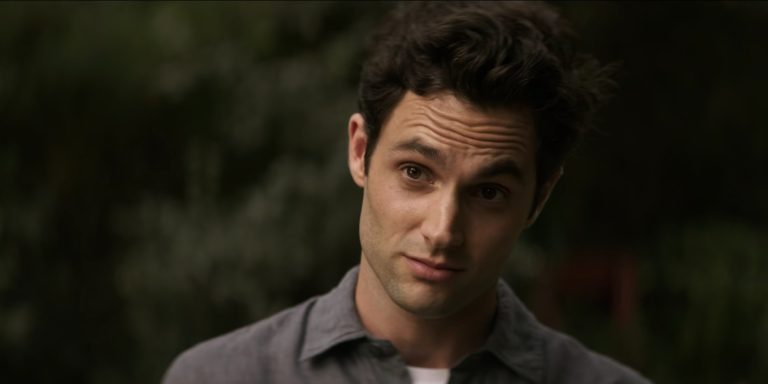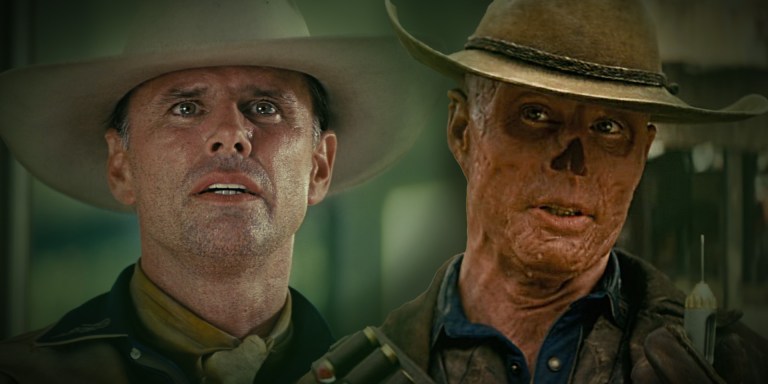“Most people are other people. Their thoughts are someone else’s opinions, their lives a mimicry, their passions a quotation.” — Oscar Wilde
To embrace our true identity we must rise above our known existence and associate with our core self.
It was the African American author and philosopher Howard Thurman who declared, “There is something in every one of you that waits and listens for the sound of the genuine in yourself. It is the only true guide you will ever have. And if you cannot hear it, you will all of your life spend your days on the ends of strings that somebody else pulls.”
That something Thurman speaks of is the silent whisper of our soul crying out for us to merge with it. However, we must become silent long enough to recognise its voice. We repeatedly drown out the call of our inner wisdom by obscuring it with disempowering thoughts.
It is apparent many people hide behind a fictitious persona to please others. Uncertainty arises when others no longer identify with us and so we form our entire personality around pleasing them.
We should welcome our individuality since our identity is fluid and undergoes many transformations as we develop.
It’s unwise to forsake your negative qualities in favor of positive ones, since you’re already complete with your still-evolving character.
If we discard the negative facets of ourselves how can we devote attention towards our personal transformation?
Our authentic self often takes a backseat to build a public persona which we try hopelessly to defend. Yet behind closed doors we are like a theater actor who looks forward to coming off stage.
Your identity evolves throughout your life. Comparable to a house, once a stable identity is constructed, there’s little to bring about its collapse.
“Our identity is the sum of our memories, but it turns out that memories are fluid, modified by context and sometimes simply confabulated. This means we cannot trust them and our sense of self is compromised. Note how this leaves us with a glaring paradox – without a sense of self, memories have no meaning, and yet the self is a product of our memories,” states author Bruce Hood in The Self Illusion: Why There is No ‘You’ Inside Your Head.
Beyond embracing our true identity remains the desire to embody our core self which is bestowed in peace, love and harmony. This is your default nature and if we stray from this ideal, we invite disharmony and dis-ease into our lives.
Similarly, to entertain disempowering thoughts such as: victimhood, anger, fear and hate, we detach from our core self.
This is because we disconnect from our true identity which lies beneath the surface of the constructed self. This authentic Self is obscured because we forget our way amongst the countless thoughts related to our identity.
Author of Emotional First Aid, Guy Winch states our self-worth is influenced by our identity, “When our self-esteem is chronically low, feeling unworthy becomes part of our identity, something with which we feel comfortable, a way of being to which we become accustomed.”
“Before I can tell my life what I want to do with it, I must listen to my life telling me who I am.” — Parker J. Palmer
It’s crucial to recognize your identity is not determined by how you make a living, rather who you are and who you grow into.
Speak to any individual made redundant following years of work and they’ll convey the clear void missing in their life. This is linked to identifying with their job instead of their underlying nature. They identify with their occupation and are lost when they no longer have that to look forward to.
It’s as complex and as straightforward as this. If your occupation no longer reinforces your identity, who are you beneath that?
Again author Bruce Hood makes an argument that our identity affects our self-worth, “The need for identity is so strong that when prisoners or institutionalized individuals are stripped of their possessions, they will confer value on items that would otherwise be considered as worthless.”
Moreover, our successes and disappointments don’t govern our identity, they add a piece to the puzzle.
To recognise our true identity, we surrender fixed labels, cultural paradigms and opinions of who we are. Only then can we form an identity devoid of limiting beliefs.
In an earlier article I pointed out how our concept of self regulates our identity to reinforce negative or empowering qualities. Where attention is concentrated becomes our focal point.
To associate our identity with our self-worth when it’s reliant on satisfying others, is destructive in the long run. What if others change their opinions of us? Without warning, if we’re to appease them, we must change our identity once again to satisfy them.
The downfall is that we’re not being genuine with ourselves in nurturing who we are.
You are not the sum of your mistakes, yet if you allow them to define you they will consume you. It was St. Thomas who wrote, “If you bring forth what is within you, what you bring forth will save you. If you do not, it will destroy you.” However, if you appreciate that your prior mistakes helped you awaken your authentic self, you build a bridge to show your true identity.
Similarly, many people give up their identity when they begin a new relationship. There’s a sense of agreement as partners seek to live as one instead of divided. Here, we abandon facets of our identity to please our partner because we fear we might lose them. Consequently, individuals struggle to recover their identity once the relationship breaks down.
The answer lies in being unapologetically you in every situation. This means people will reject us while others welcome us. This is considered the best display of who we ought to lean towards.
Honour who you are and take pleasure in the individual you are, realising you are a work in progress. You will continue to evolve until the moment you no longer inhabit your physical body.
Don’t go to war with yourself or oppose aspects which you disapprove, instead incorporate them into the wholeness of your being.
Only then will you dare to embrace your true identity beneath the rubble of the divided self. ![]()





